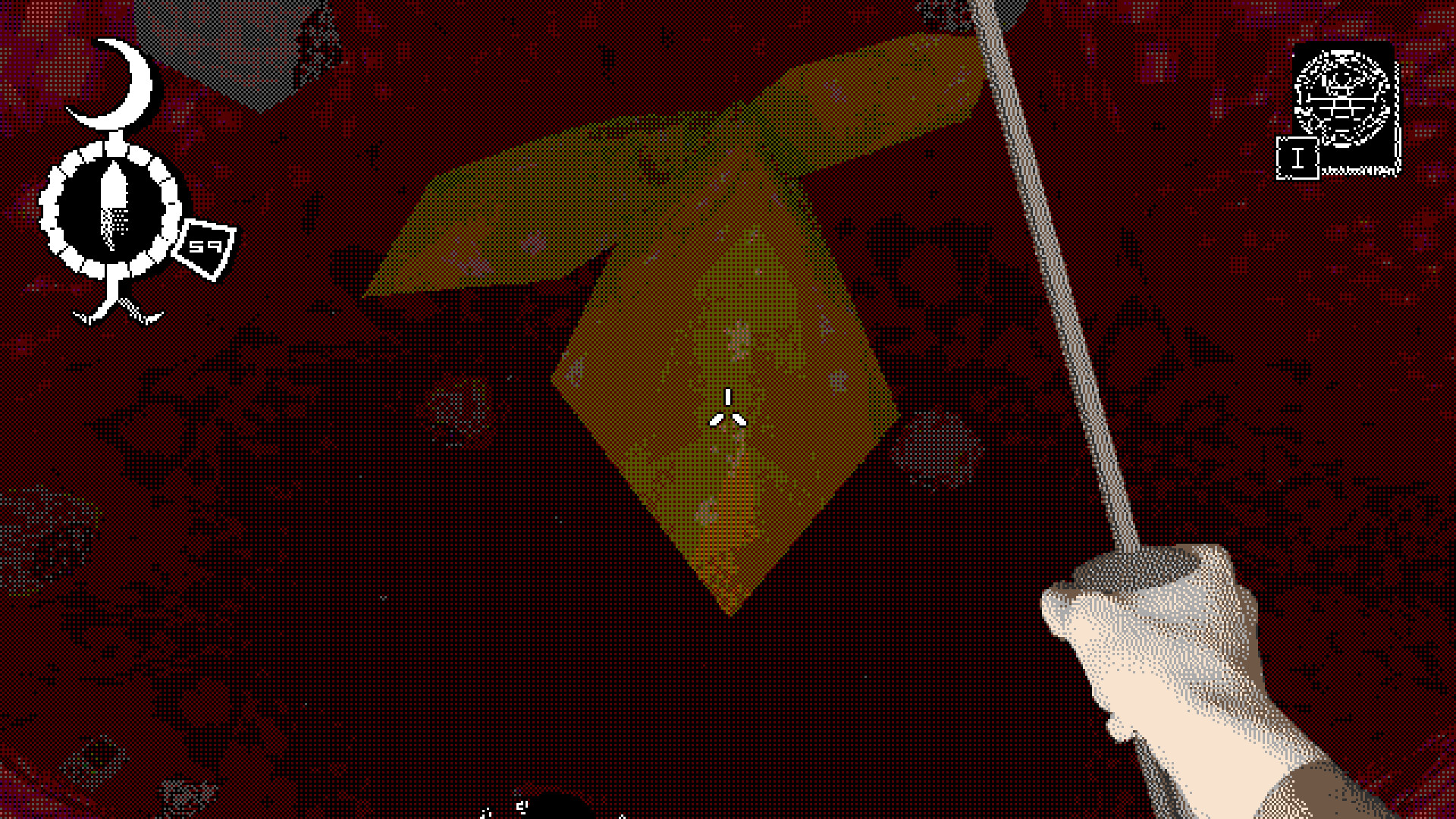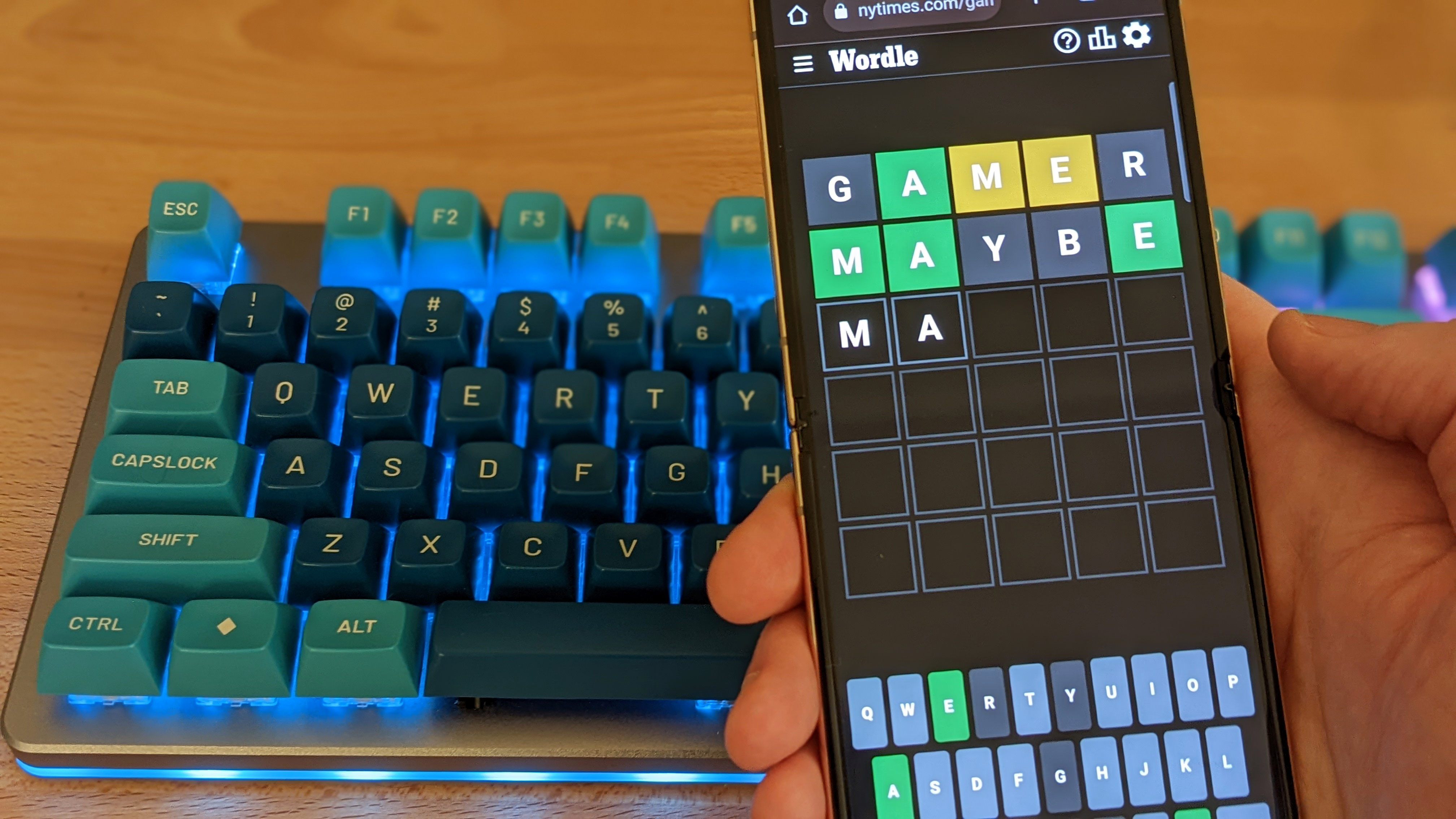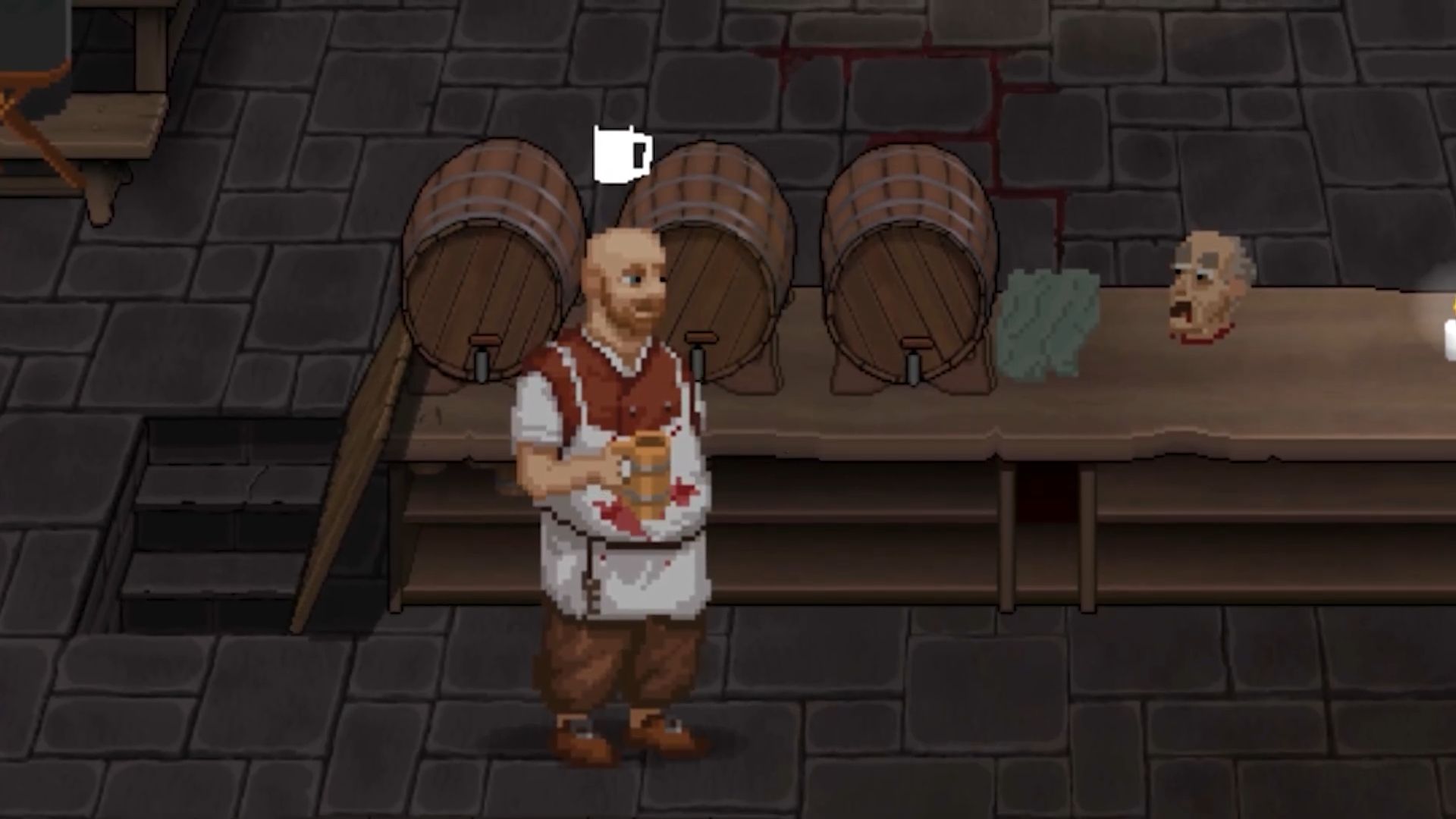
Return to Monkey Island is the adventure game equivalent of Spider-Man: No Way Home. No, wait, don’t go! Hear me out: most would agree that No Way Home is an excellent, very fun movie – even for a kid who’s never seen the Tobey Maguire or Andrew Garfield Spider-Man films. But if you have made those movie memories with the Peter Parkers of the past, then No Way Home taps into something more: nostalgia, even eliciting genuine emotion at various points.
Return to Monkey Island, which very notably puts series creator Ron Gilbert back in the franchise’s director’s chair for the first time in 30 years, is a similar ride. It’s a funny, beautiful, polished, and well-paced story packed with plenty of puzzles that are both hilarious and challenging for anybody who appreciates a good adventure game. And Return wisely offers “Guybrush’s Scrapbook” in the main menu, as a fun, visual way to recap the previous Monkey Island games that’s narrated by Guybrush. But for those like me, for whom the earliest Monkey Island games were a formative part of our gaming youth, this reunion with wannabe pirate Guybrush Threepwood feels like coming home. To this end, I loved the not-so-hidden Trivia Cards scattered around many scenes, testing your knowledge of the franchise.
The most obvious way that Return to Monkey Island differs from its predecessors is in its art style. Gilbert could’ve gone the pixel-art route to pluck some extra low-hanging nostalgia fruit, but instead he’s gone with a much bolder modern look. I’ll admit: I didn’t love it when I first saw it. It’s a jarring departure from the games I love, but then again, so was the first post-Gilbert Monkey Island game, the Curse of Monkey Island, which used a Disney-cartoon-like style that I adored. Return’s art direction is more abstract, but somewhere along the 11 hours it took me to complete the story I grew to love it. It uses a large swath of the color palette, and its over-the-top character design matches Monkey Island’s sense of humor nicely.
The delightful music could easily fool you into thinking you’re still in 1991.
But while you’d never confuse Return to Monkey Island with any other game in the series at a glance, the delightful music could easily fool you into thinking you’re still in 1991. Composers Michael Land and Peter McConnell return with another pleasantly Caribbean score, and it goes a long way toward making this feel like a proper return to Monkey Island. The same goes with the voice cast, headlined by Dominic Armato as Guybrush Threepwood, who brings a restrained, straight-man sensibility to a game filled with often-absurd scenarios, though he isn’t afraid to sling a bit of sarcasm when the situation calls for it. Everyone in this world knows Guybrush is a well-meaning mess, but they can’t help but root for this hopeless underdog and be friends with him anyway. Armato’s performance is a big reason why I felt the same way; there’s an innocence to Guybrush that shines through.
And what of the plot? Return is set just after Monkey Island 2, but it’s framed in a clever way I didn’t expect. That showed me a new side of Monkey Island: its big heart, which becomes quickly evident in the playable Prelude that I won’t spoil here, and keeps getting called back to throughout. Its overarching story involves – what else – the search for the Secret of Monkey Island, and that quest revolves around Guybrush’s never-ending rivalry with the zombie-pirate villain LeChuck, and their love-not-really-a-triangle with Elaine Marley. In fact, Return obsesses over the foundational mystery far more than any of its predecessors did, and it’s played up to repeated comedic effect. Our decades of wondering if Gilbert will ever reveal the real Secret of Monkey Island is mirrored in the game, with even Guybrush’s wife Elaine musing about why our hero continues to cling to it. In the process, it revisits familiar locations like Melee Island and of course Monkey Island, and takes us to new ones; just as it also brings back familiar faces (like Murray!) and introduces a host of new characters. Shout-out to Locke Smith, who you’ll visit on several occasions and who is well aware that her very name is a pun.
Happily Puzzled
An excellent story and memorable characters are just one half of the classic puzzle game equation: the other is a series of puzzles that are both challenging and satisfying to solve, serving as the bedrock of any great point-and-click adventure. Return serves up a hearty helping of them here, always including a thread of comedy running through the traditional question of which item you should use on what person or location at every turn. Solving puzzles is as satisfying a dopamine hit as ever, and the 2022 iteration of Monkey Island has learned to avoid the infamously obtuse “adventure game logic” that so often made people bounce off of the originals back in the day.
The puzzle structures and solutions don’t really tread new ground, but none were so abstract as to leave me wondering how the heck I’d have ever come up with the solution once I figured it out. And while nothing ever frustrated me to the point of wanting to quit and try again later with a refreshed mind, I did occasionally get a bit stuck in the mud, as is par for the course in these games – such as when I had to use an “apology frog” to win back the favor of Melee Island’s governor, Carla. So I made use of Guybrush’s always-available hint book here and there, and I quickly learned I didn’t need to swallow my pride entirely before resorting to it. It’s a very welcome evolution of a feature first introduced to the series in LucasArts’s 2009 remasters of Monkey Island 1 and 2, and it feels guilt-free to use because it’s not simply a tome of spoilers like using a walkthrough. Instead, it gives you hints layer by layer, nudging you in the right direction but still preserving the feeling of satisfaction you get from eventually solving the puzzle yourself. Only once, in fact, did the hint book tell me something I genuinely didn’t want to know at that moment. The new To-Do List also helps you keep track of everything you’re currently working on trying to solve without making it feel like you’re being led around by the nose.





